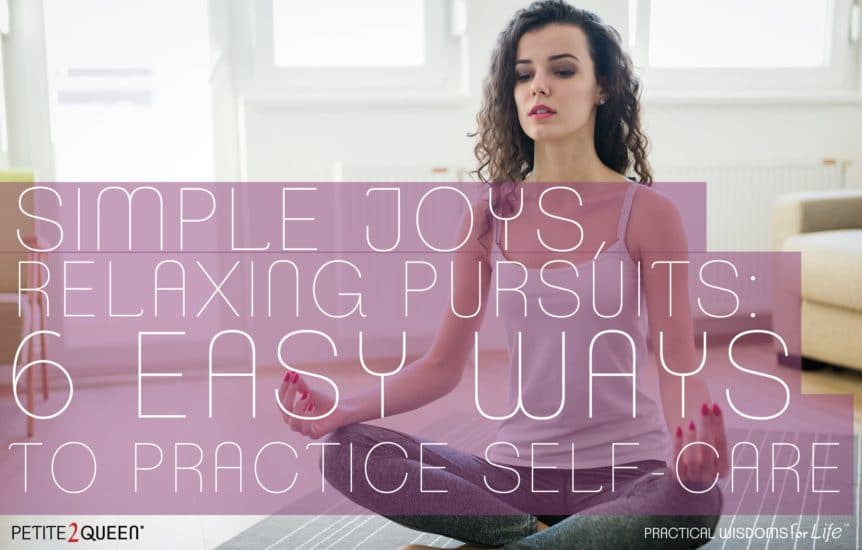When you lead a busy life with pressing responsibilities at home and work, it can be easy to overlook your physical and psychological needs. However, you can’t take care of others if you neglect your own mental well-being. Check out the following easily integrated practices if you’re ready to make a positive lifestyle change and achieve good mental health.
Get Up Earlier
People who get up early tend to be more optimistic, motivated, and proactive. Getting out of bed early instead of struggling to get to work on time is self-empowering because it puts you in control of your day. You have time to relax, meditate, exercise, and enjoy a nutritious breakfast before heading off to work so you feel mentally prepared to face the challenges that arise throughout the day. It’s a confidence booster and a mood enhancer.
Make Time for Exercise
Physical activity is not only beneficial for the body, but it can also jump-start the mind by activating endorphins. Exercise instills confidence, relieves stress, and makes you feel good in general. Whatever form of exercise you prefer, whether it’s walking, running, hiking, or biking, exercise gives you time to think, process thoughts and experiences, and problem-solve. If time is hard to come by, get up early and do calisthenics or go for a walk on your lunch break. If you have a dog, set aside time every night after dinner for a vigorous walk around the neighborhood.
Alternative Self-Care Strategies
There are many different forms of self-care, and not all of them are what one might call “conventional.” Many people find mental relief by undergoing acupuncture or receiving chiropractic care. Unfortunately, these services aren’t generally covered by health insurance. If you’re a Medicare beneficiary, you can’t rely on your coverage to pay for such holistic therapies. However, you may receive help paying for physical therapy to control chronic pain.
Learn to Say ‘No’
One of the keys to practicing mindful self-care is learning to say “no” to others. That can be difficult if you’re accustomed to doing for others because people rely on you and grow accustomed to your help. It’s essential to set limits on the time you give to other people; you need time to cope with stress. Saying “no” doesn’t have to mean being rude or dismissive — you can easily decline by explaining that there are other priorities that require your attention.
Take Sleep Seriously
Sleep is the one great indispensable requirement for good mental health and overall health. Sleep is vital for keeping the body’s systems (i.e. immune, neurological and cardiovascular systems, etc.) in peak working order, for achieving mental acuity, and for maintaining a positive mental outlook. Being well rested helps keep you optimistic and feeling capable of overcoming the mental and physical obstacles that everyone faces.
Enjoy Something Simple
Not everything you do to seek mental wellness and personal satisfaction requires a lot of time and effort. You can derive a great deal of satisfaction from small things that give you joy, such as sitting down with a great book and a good cup of coffee, catching up with a friend over lunch, or working around in the garden for a couple of hours. If it slows you down and alleviates stress, it’s definitely a good thing and well worth your time.
You work very hard to make a living, raise happy children, care for an older relative, and keep your home clean and orderly. These are everyday duties, and sometimes they eat up your time. Don’t sacrifice happiness and your right to feel fulfilled — make a concerted effort to practice self-care and enjoy the simple delights that life has to offer.

Brad Krause created SelfCaring.info after years spent putting his own self-care on the back burner. His goal now is to educate people on the importance of self-care by providing tips and tricks that are easy to implement.

